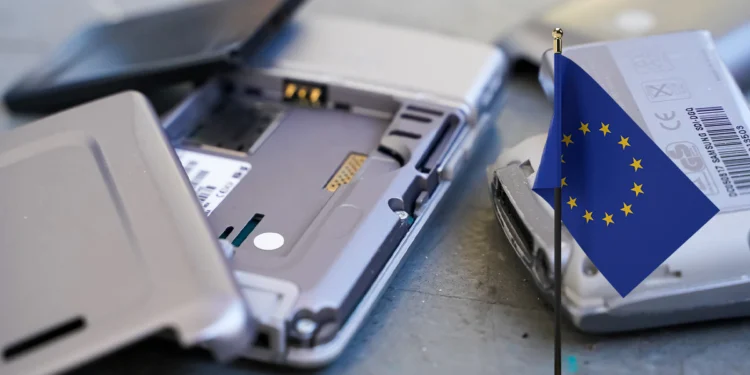In a significant development, the European Union (EU) has laid out plans to enforce the use of easily replaceable batteries in smartphones. This move, aimed at addressing concerns over electronic waste and empowering consumers, will compel manufacturers to revert to smartphones with removable batteries.
Modern smartphones are notorious for their intricate designs, making them difficult for the average user to disassemble. Manufacturers employ strong adhesive glue to seal the back covers, prioritizing waterproofing over battery accessibility. Consequently, users are left helpless when faced with battery damage or depletion.
As per a recent press release from the European Parliament, the new EU regulation mandates smartphone manufacturers to adopt batteries that are easily replaceable. While the regulation does not explicitly define the level of “ease,” we can anticipate a shift towards designs reminiscent of earlier models, featuring accessible backdoors or removable covers.
The EU is actively championing the Right to Repair, granting consumers the freedom to repair their devices independently. In recent times, smartphone manufacturers have been criticized for restrictive designs that limit user-repairable components.
The primary objective of this regulation is to combat the escalating electronic waste crisis driven by rampant consumerism. Encouraging individuals to refrain from replacing their smartphones every 1-2 years is an arduous task. Hence, the most effective approach lies in reducing future waste through the principles of the 3R concept: Reduce, Reuse, and Recycle.
However, the implementation of this battery regulation is not expected until at least 2027, granting industry giants such as Samsung, Apple, and others ample time to develop compliant designs. With optimism, we anticipate reaping the benefits of these changes in the future.

